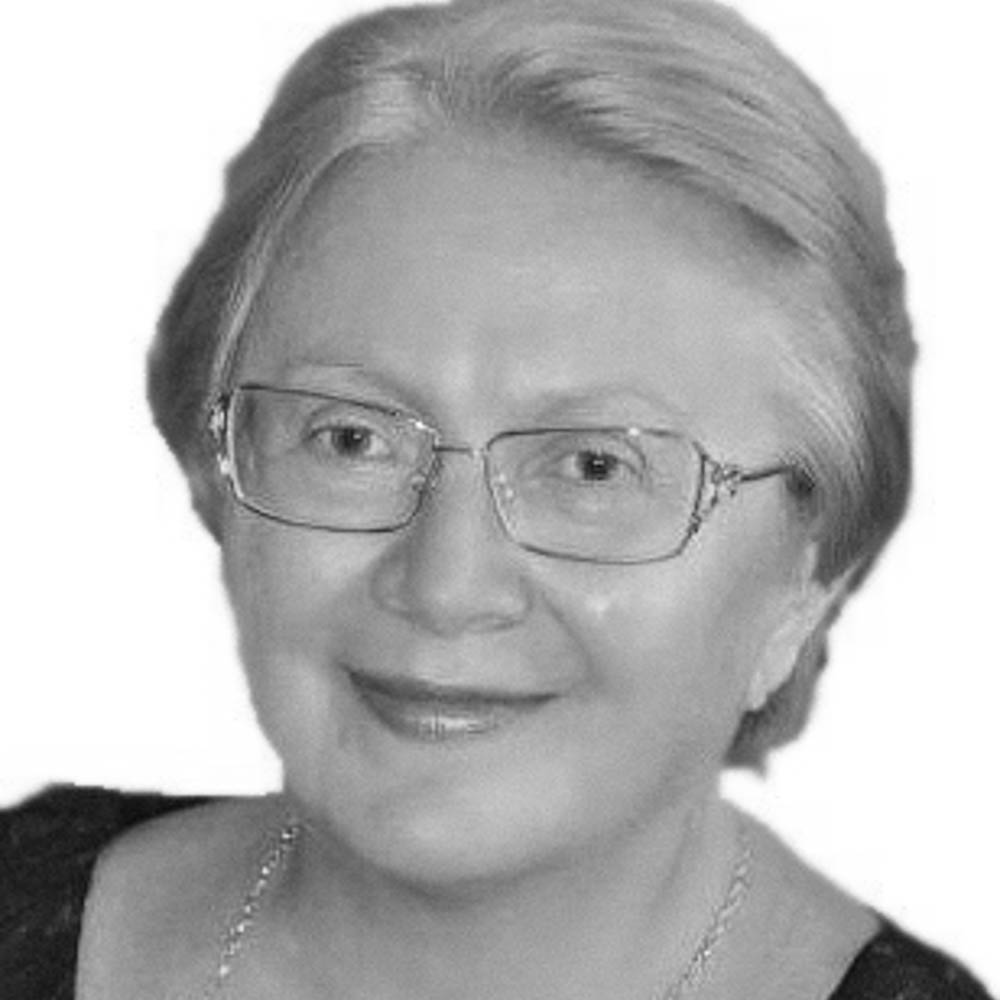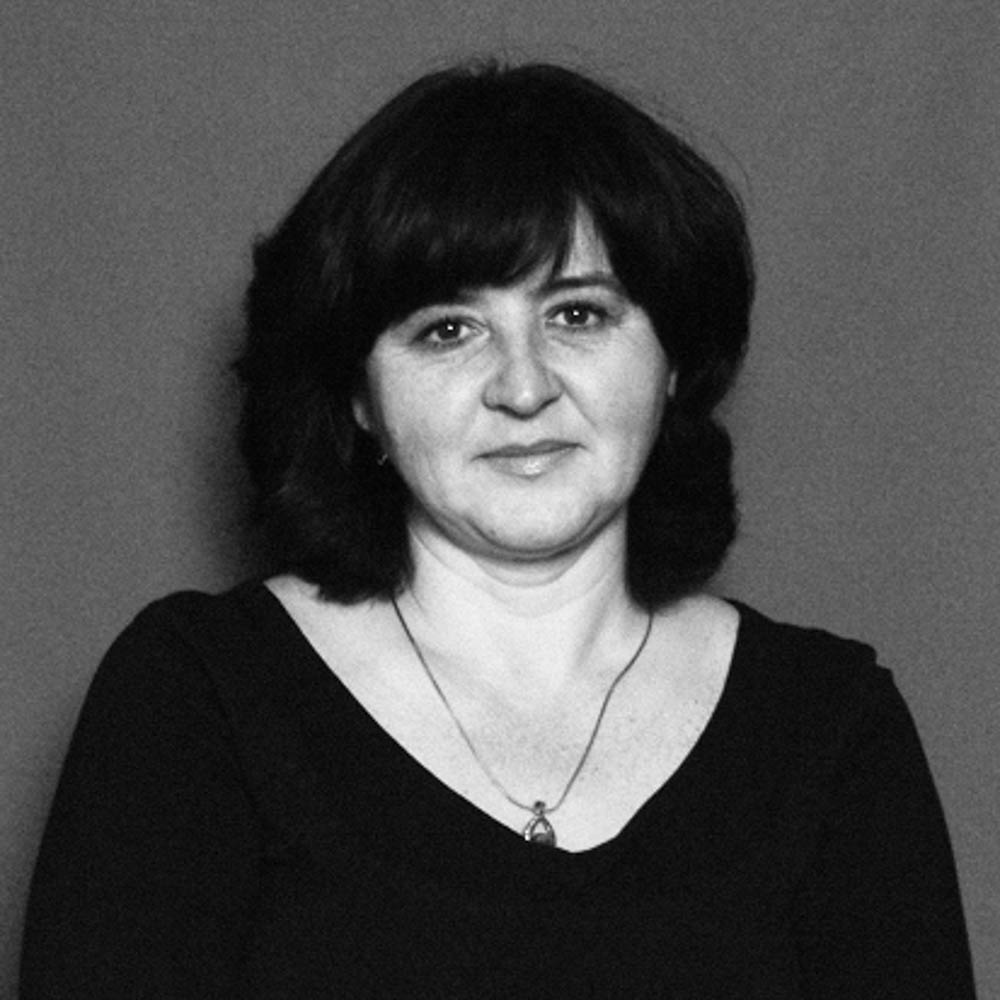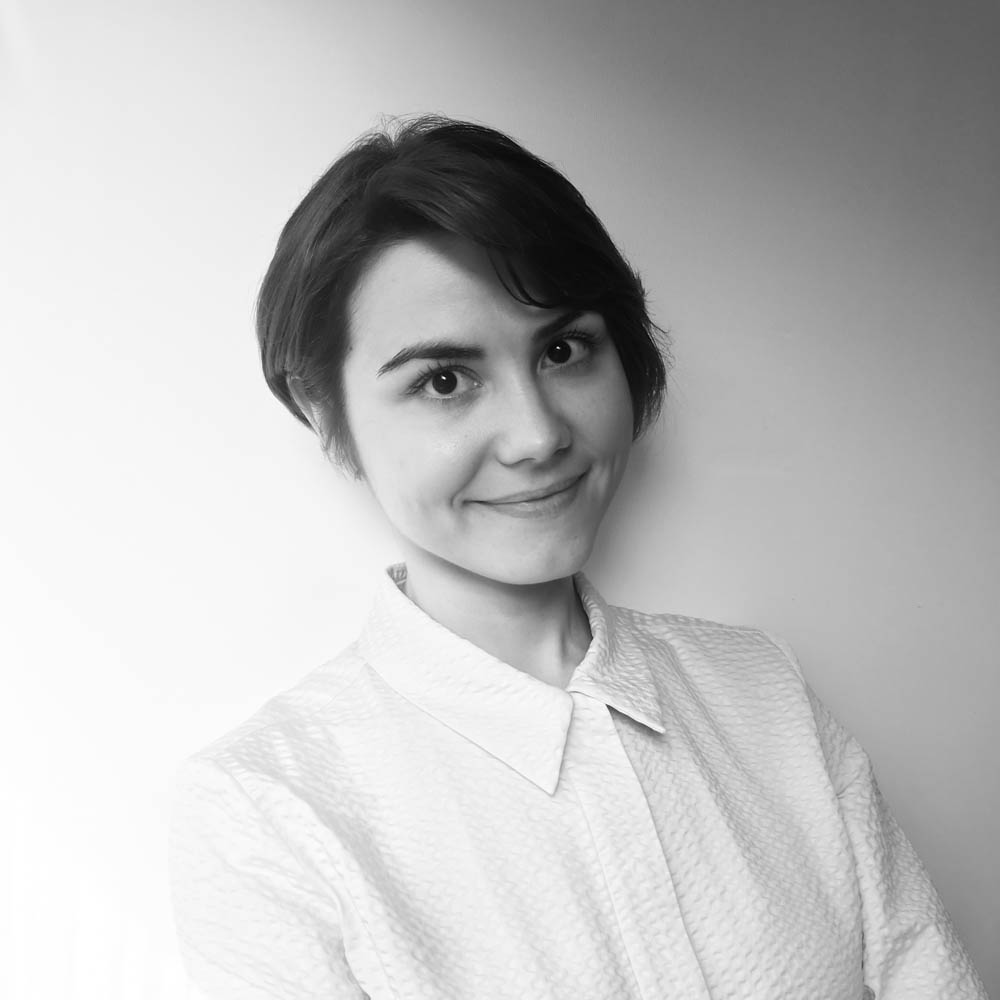-
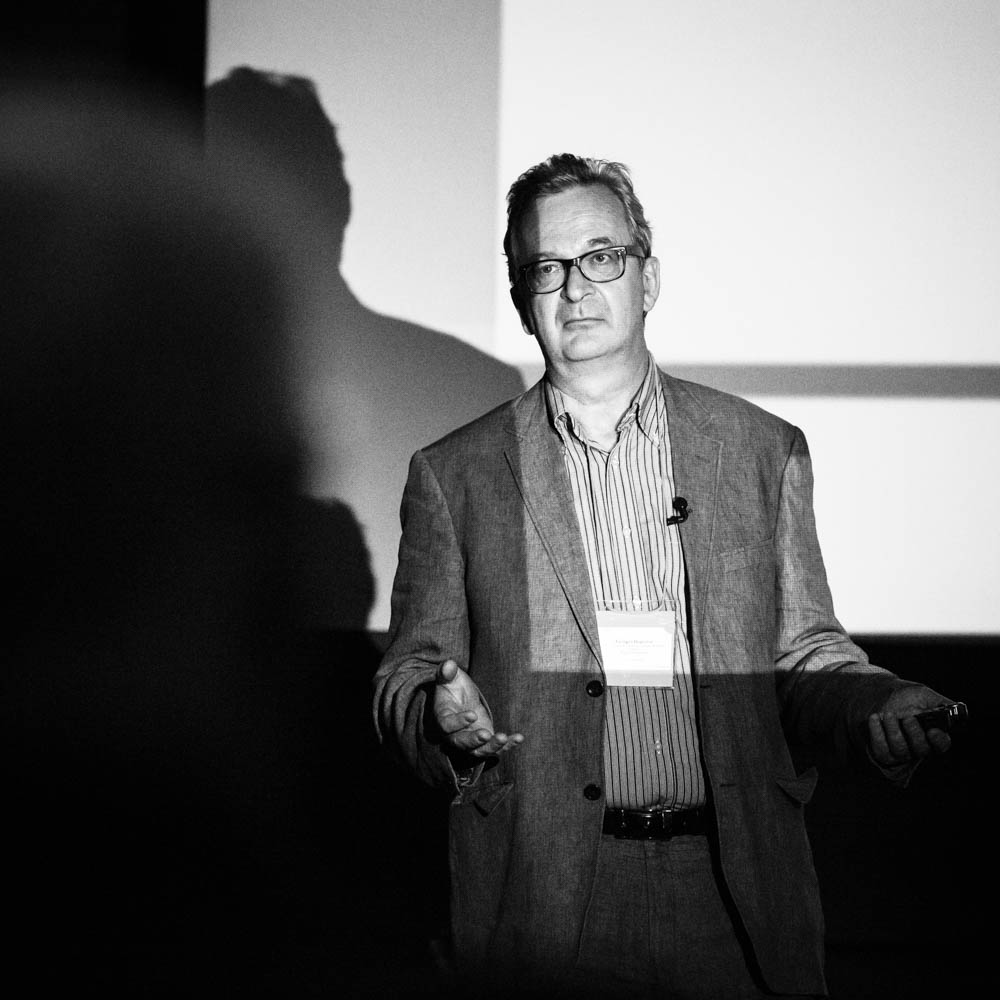 Professor Georges Depeyrot (Initiative Director)French National Center for Scientific Research, France
Professor Georges Depeyrot (Initiative Director)French National Center for Scientific Research, France -
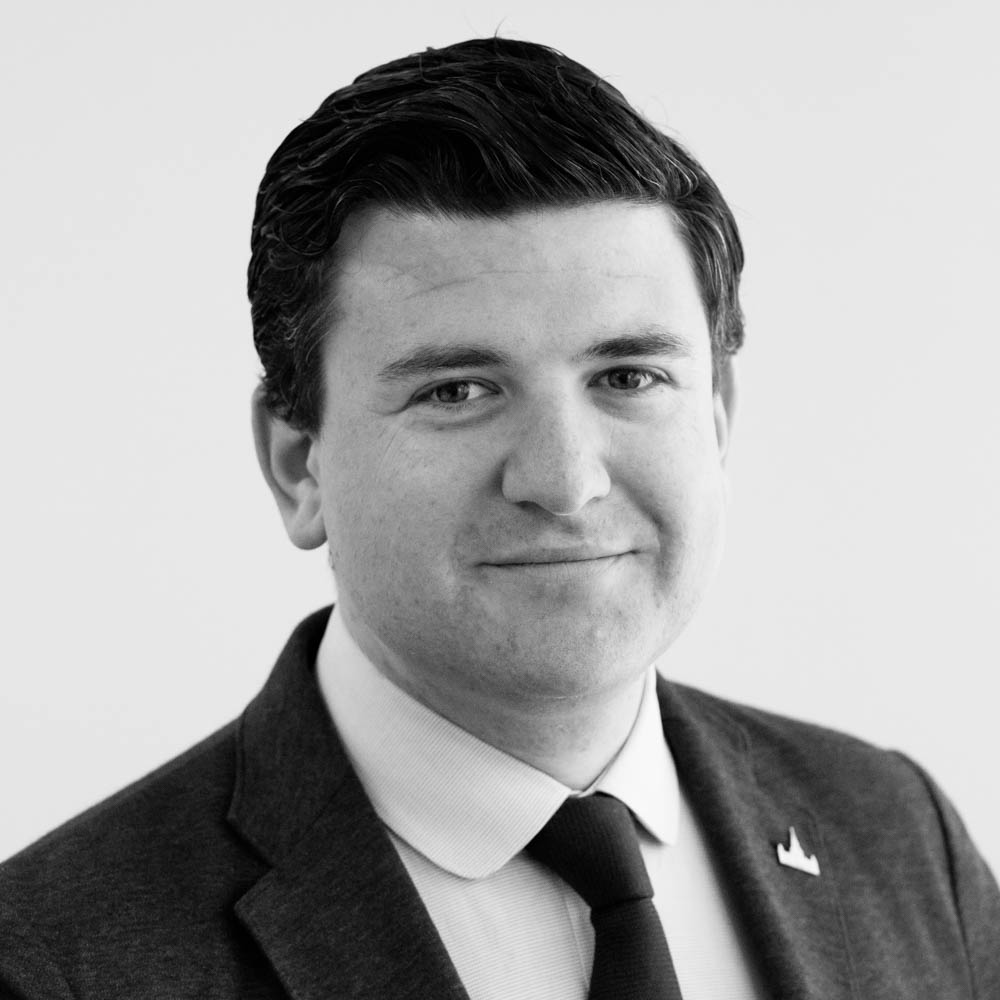 Dr Joseph HaldaneThe International Academic Forum (IAFOR), Japan
Dr Joseph HaldaneThe International Academic Forum (IAFOR), Japan -
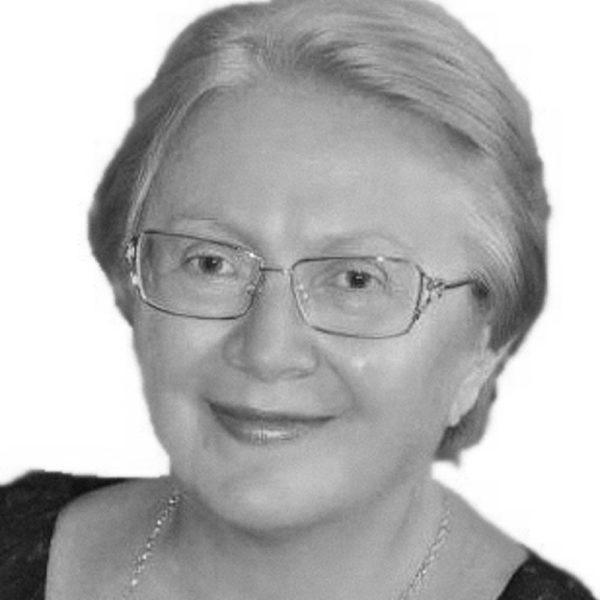 Dr Ljiljana MarkovicUniversity of Belgrade, Serbia
Dr Ljiljana MarkovicUniversity of Belgrade, Serbia -
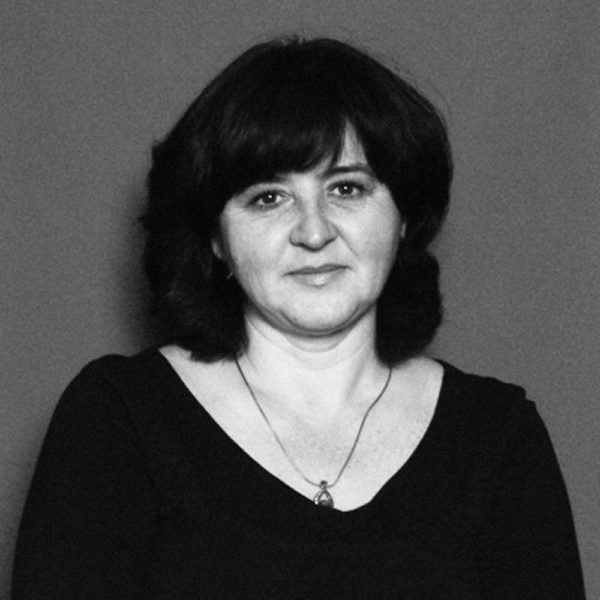 Professor Aleksandra VranesUniversity of Belgrade, Serbia
Professor Aleksandra VranesUniversity of Belgrade, Serbia -
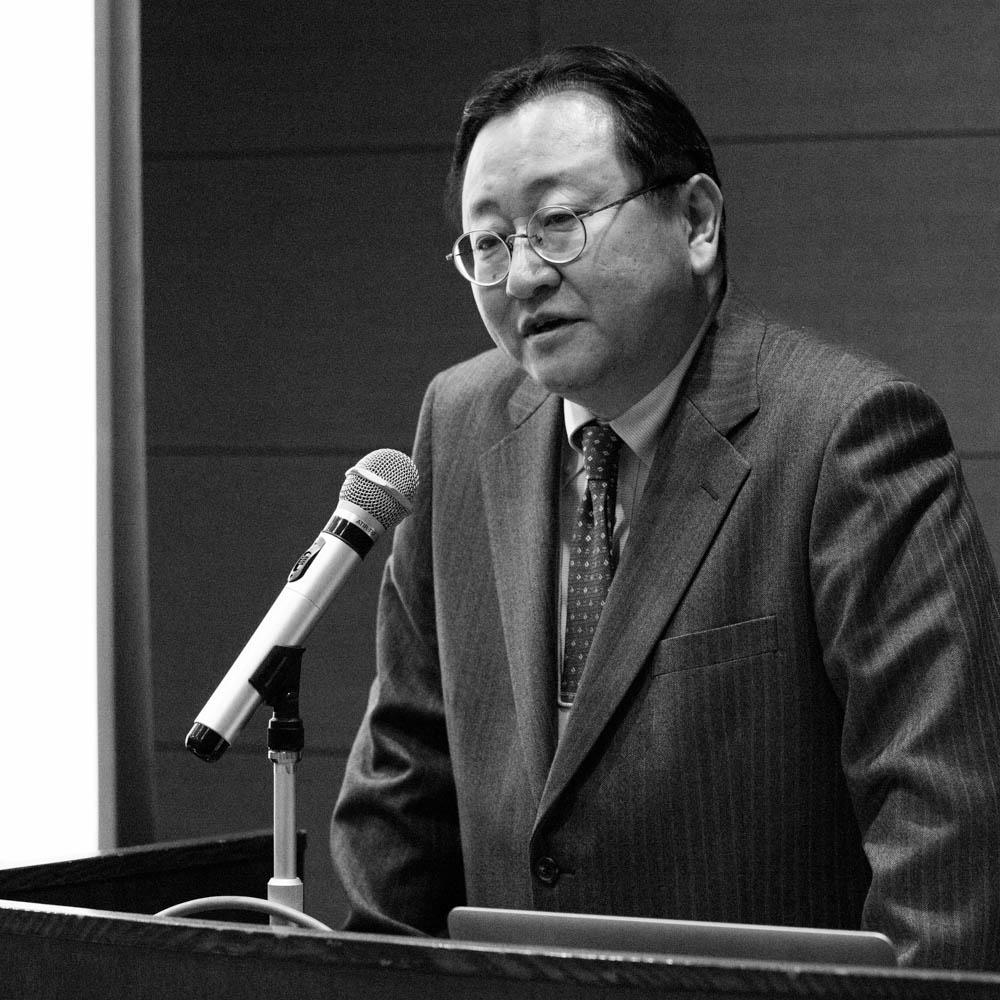 His Excellency Professor Toshiya HoshinoThe United Nations
His Excellency Professor Toshiya HoshinoThe United Nations -
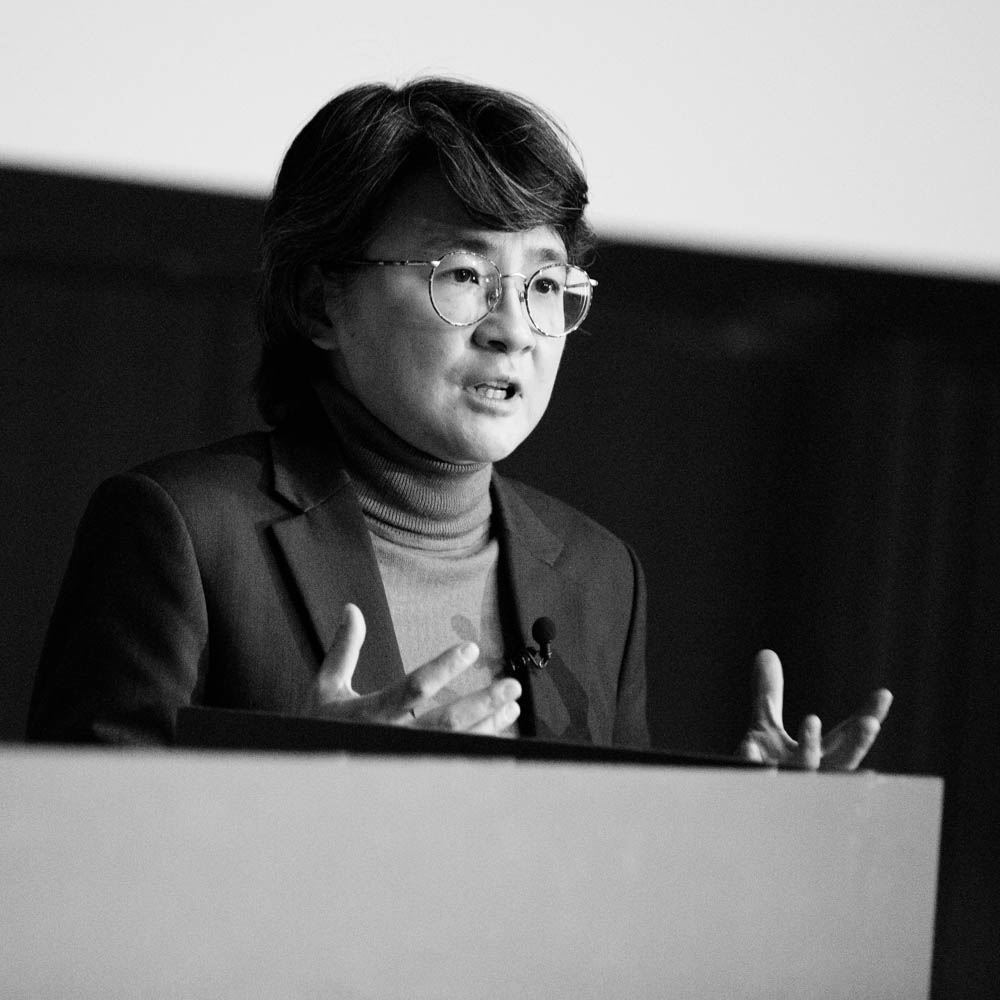 Professor Haruko SatohOsaka University, Japan
Professor Haruko SatohOsaka University, Japan -
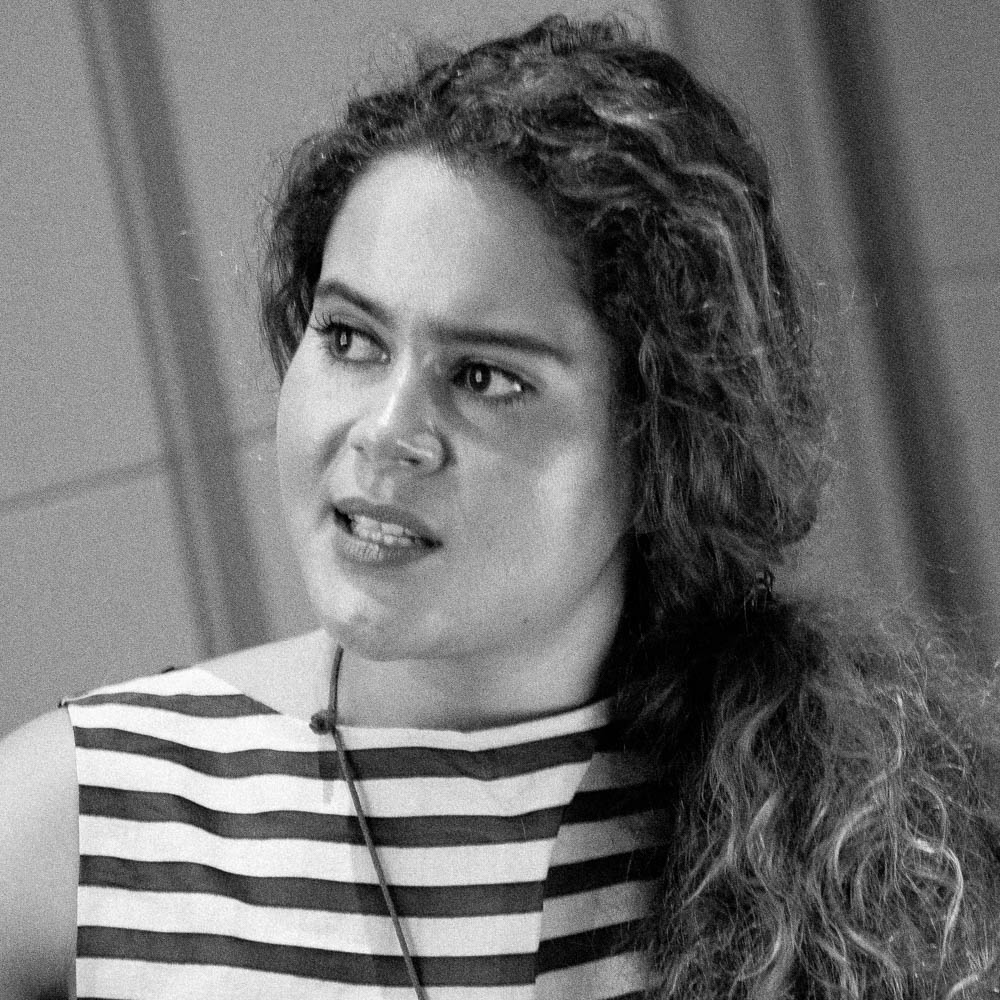 Dr Elena RaevskikhCentre Norbert Elias, France
Dr Elena RaevskikhCentre Norbert Elias, France -
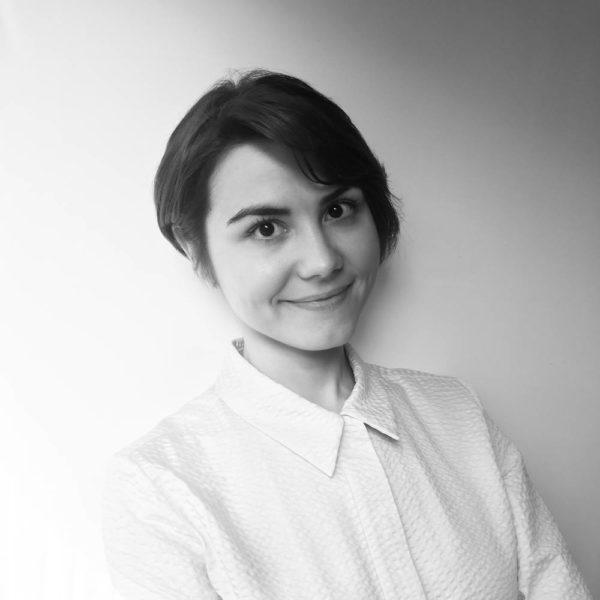 Dr Elena MishievaLomonosov Moscow State University, Russia
Dr Elena MishievaLomonosov Moscow State University, Russia -
 Dr Maxime JaffréCentre Norbert Elias, France
Dr Maxime JaffréCentre Norbert Elias, France

Biography
Georges Depeyrot is a monetary historian at the French National Center for Scientific Research (CNRS) in Paris. He began his scientific career in the 1970s studying coin finds and joined the CNRS in 1982. After some years he joined the Center for Historical Research in the School for Advanced Studies in the Social Sciences (EHESS) and is now a professor at the École Normale Supérieure. After his habilitation (1992), he specialised in international cooperative programs that aim to reconsider monetary history in a global approach. He has directed many cooperative programs linking several European countries, including those situated at the continent’s outer borders (Georgia, Armenia, Russia, and Morocco). Professor Depeyrot is the author or co-author of more than one hundred volumes, and is the founding director of the Moneta publishing house, the most important collection of books on the topic of money. Professor Depeyrot is a member of the board of trustees of the Centre National de Recherche Scientifique.
